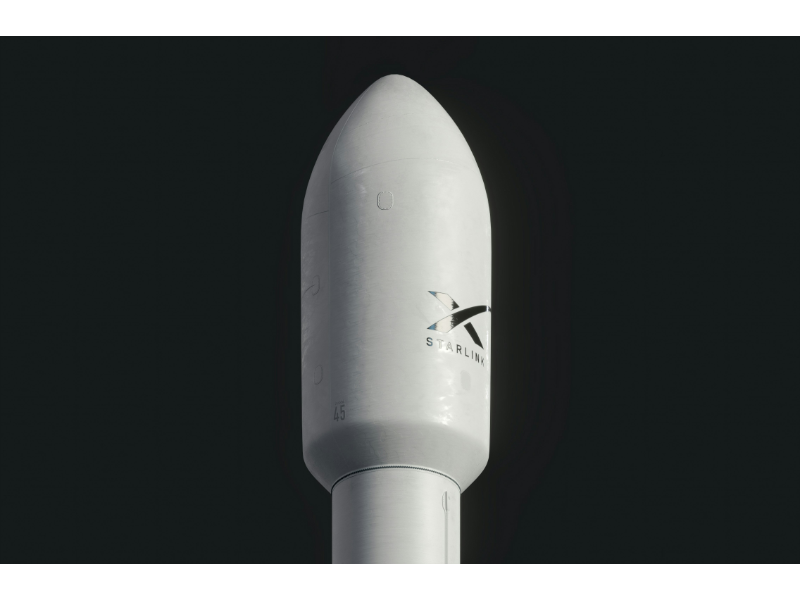- SpaceX successfully completed its 400th Falcon 9 mission, deploying 24 Starlink satellites.
- The milestone reflects the rocket’s reliability and SpaceX’s high-paced launch operations, with 117 flights in 2024 alone.
What happened
SpaceX marked a historic achievement on November 27, 2024, completing its 400th Falcon 9 rocket launch. This milestone flight carried 24 Starlink satellites into low Earth orbit, departing from the Kennedy Space Center in Florida. The mission saw the Falcon 9’s first stage successfully return to the drone ship A Shortfall of Gravitas in the Atlantic Ocean, demonstrating the rocket’s reusability for the 375th time.
Also read: BAE Systems, Rocket Lab receive $60M US semiconductor boost
Also read: Will Trump and Musk carve a new path for U.S. IT infrastructure?
Notably, the first stage booster used for this mission had already flown 14 times before, including high-profile missions such as Crew-6 and multiple Starlink deployments. This particular flight underscores the rocket’s robust design and SpaceX’s ability to maintain a high launch frequency.
The Falcon 9 has become a critical workhorse for SpaceX, facilitating the rapid expansion of its Starlink megaconstellation, which now comprises nearly 6,700 active satellites. In 2024 alone, the company has launched 117 missions, with 81 dedicated to Starlink. This pace reflects SpaceX’s push to dominate the satellite internet market while simultaneously supporting other clients, including government agencies like NASA and commercial ventures.
Why this is important
SpaceX’s achievement with its 400th Falcon 9 launch underscores the company’s pivotal role in shaping the future of space travel and satellite deployment. The Falcon 9’s reusability and reliability have significantly lowered the cost of access to space, making frequent launches possible and enabling ambitious projects like the Starlink satellite network.
For SpaceX, maintaining such a rapid cadence – averaging multiple launches per week in 2024 – highlights both operational efficiency and market demand. However, the intensity of operations has raised questions about quality control, with a few notable setbacks earlier this year, including issues with the rocket’s second stage and a failed booster landing. Despite these challenges, the company’s track record remains largely impressive, with no major customer payload losses since 2015.
This milestone also signals broader implications for the space industry. The ability to rapidly deploy satellites accelerates advancements in global communications, navigation, and scientific research. For competitors, such as Amazon’s Project Kuiper and OneWeb, the bar has been set exceptionally high, pushing innovation and cost-efficiency across the sector.
As SpaceX continues to refine its technologies, the Falcon 9’s success sets a foundation for its next-generation rocket systems, including the fully reusable Starship. While celebrating 400 launches, SpaceX is already setting its sights on what’s next – and the space industry is watching closely.

